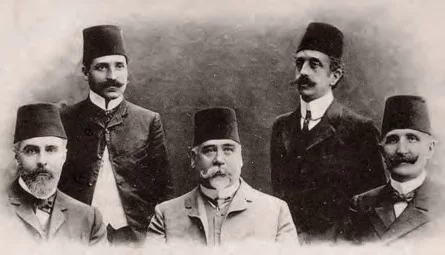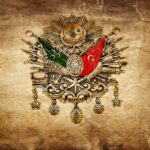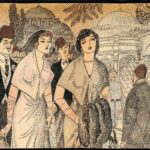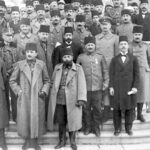The Ottoman Empire has been under the influence of various currents of thought throughout its history, and these currents have shaped the social, cultural, and political structure of society. Especially in the 19th century, the modernization movements of the westernist thought movement that emerged under the influence of the West caused important changes in the Ottoman world of thought.
During this period, intellectuals and thinkers advocated for the modernization of Ottoman society by adopting innovative ideas in the West. The intellectual currents of the Ottoman Empire are detailed below.
Tanzimat Period and Reform Movements

The Tanzimat Period is an important reform process that started in the Ottoman Empire in the mid-19th century. This process was carried out with the aim of modernizing the state and restructuring society. With the Tanzimat, concepts such as the rule of law, individual rights and educational reforms came to the fore and led to radical changes in Ottoman society. Some of the key elements of these reforms are set out below.
Legal Reforms
The legal innovations carried out during the Tanzimat Period were characterized by the creation of new laws and the modernization of existing laws. This situation aimed to secure the rights of individuals.
Educational Reforms
Modern educational institutions were opened and radical changes were made in the education system. The opening of schools that provide education in the Western style has paved the way for the upbringing of an enlightened generation.
Bureaucratic Innovations
The administrative structure of the state was reorganized in order to strengthen the central authority. The bureaucracy has been restructured to provide a more effective administration.
Islamism and Ottomanism
Islamism and Ottomanism are important currents of thought that aim to preserve the multinational structure of the Ottoman Empire and to provide unity in society. These two currents underwent a significant transformation in the last periods of the empire, especially with the influence of nationalist movements. The basic elements of these movements are examined below.
Islamism
This movement was shaped around the unifying element of the religion of Islam. Islamism developed ideas to protect the multinational structure of Ottoman society. It was advocated that the religion of Islam play a more prominent role in social life.
Ottomanism
The Ottomanism idea is an understanding that aims to keep different ethnic and religious groups together. This movement developed ideas to ensure the integrity of the empire. Ottomanism stands out as an effort to strengthen social peace and unity.
Result
The currents of thought in the Ottoman Empire left deep traces in the social and political structure of the state and influenced the intellectual life of the period.
While the Tanzimat Period represented the beginning of modernization efforts, movements such as Islamism and Ottomanism aimed to strengthen the coexistence of different ethnic and religious groups and the unity and solidarity of society. While Islamism advocated for religion to play a prominent role in social life, Ottomanism aimed to preserve the multicultural structure of the empire.
The examination of these currents of thought reveals the richness and diversity of the Ottoman world of thought and sheds light on Turkey’s modernization process. Exploring these dynamics within the Ottoman Empire is crucial for developing a deep understanding of the historical context.
Bibliography
The following websites were used to learn more about the intellectual currents of the Ottoman Empire and their effects.










